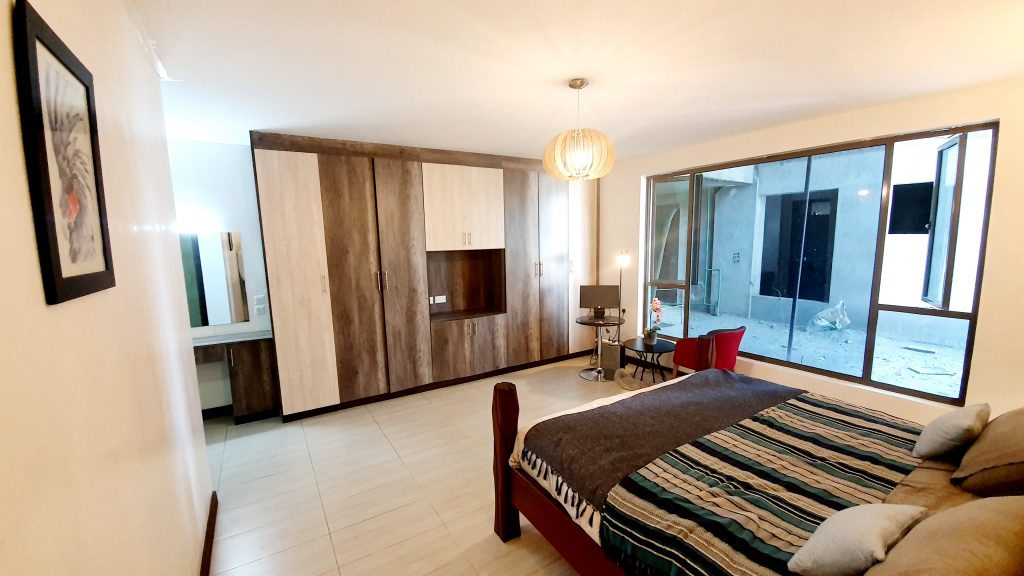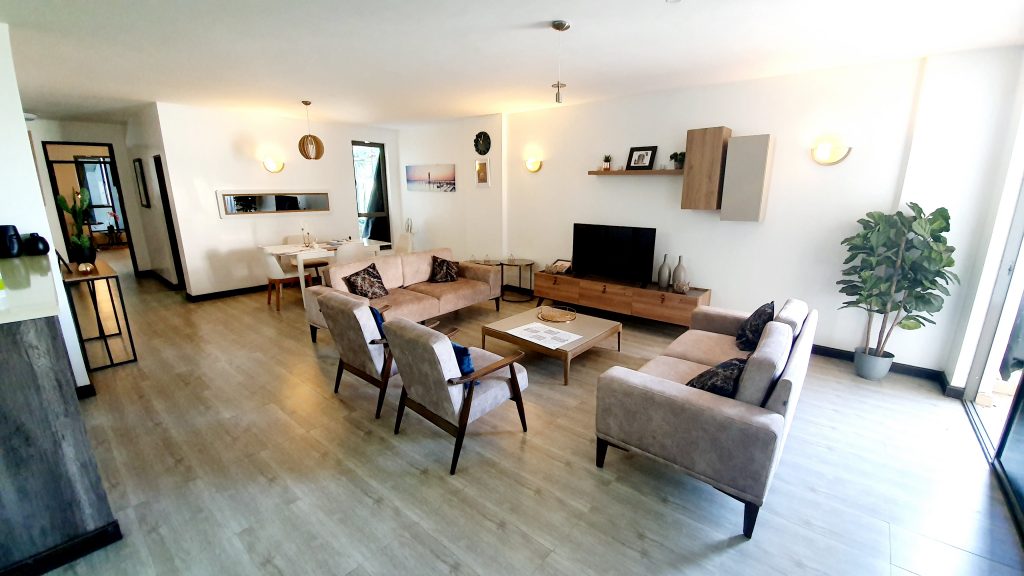When buying into an off-plan projects you’re buying a property that does not exist yet. It could be under construction or even existing just in the form of plans and a show house. There have been multiple news reports of developers who have not delivered as promised, leaving buyers stuck after committing a lot of money to purchase a property. In this article, we’ll break down why off-plan investing is a thing, the risks involved and whether it’s an option a buyer should explore.
Why off-plan housing projects?
Real estate developments usually take 2-3 years to complete. When a developer launches a new project, they want to be confident that they will be able to achieve a good sellout upon completion. A good measure of this is by doing pre-sales. Developers want to achieve at least 20% in pre-sales before construction, giving confidence to them and their financiers that the project will recoup their investment. A good developer should not depend on off-plan sales to finance their project.

Are there any advantages for buyers investing off-plan?
There are many advantages for buyers when buying off-plan as listed below:
- It is cheaper. By purchasing an empty box, you get the advantage of purchasing a property at a cheaper cost than you would at completion. Prices are usually adjusted in phases so early buyers stand to make some good capital appreciation by the time construction is completed.
- Flexible payment plans. Payments in off-plan investments are spread across the construction period (usually 24 – 36 months) instead of deploying a huge amount of capital at once. This allows buyers to make payments slowly without needing to take up debt and frees up liquidity for other needs they may have. In comparison, if you were buying a completed property, payments should be made within 90 days.
- Higher quality finishings & fixtures. New properties follow the latest trends and chances are a new project will have a lot of differentiating factors compared to what’s currently on the market. This is heavily dependent on the developer, however. You also have an option to specify the finishings you want with no limits to how you can personalise your property.
What are the risks involved?
- The developer not delivering as promised. As seen in many cases in Kenya, buyers have been shafted and developers have run away with their buyers’ hard-earned money. This is also due to a lack of proper legislation to protect all stakeholders.
- Delays. Anyone who’s worked on a construction project knows something will always go wrong, bringing about delays. This severely impacts buyers who had already made plans to move in by a certain date.
- Lower standard of finish than expected. While developers will put out glossy marketing materials to attract buyers, in some projects what is delivered is of a much lower standard than what was advertised.
How can a buyer protect themselves against these risks?

- Only deal with reputable developers. Before buying into an off-plan property, look into the developer’s history. Have they completed any other projects? Did they deliver them on time? Do they deal with this market segment or this is their first entry? What’s their capital structure? Are they well funded? It’s also encouraged to visit their previous projects, speak to buyers, have a look at what was delivered and find out their experience. Take your time to have as much information as possible before investing.
- Make sure you have a lawyer representing you. While it’s an extra cost, engaging a lawyer well versed in property matters is essential. They will be able to understand complex contracts which are heavily skewed to the developer’s advantage and advise you on the risks at hand. They will also be able to look at all underlying documents such as property titles and construction permits, ensuring that you’re entering into a contract at a project with a clean bill of health. This is especially crucial with the land issues in this country.
- Ask for constant updates. Any developer not willing to provide updates to their customers is a huge red flag. If possible, have a contact person within the company who could give you weekly updates or even inform you of underlying problems that a developer might be hiding from buyers.
- Look into the team developing the project. Aside from the developer, there are many other parties involved in a construction project such as contractors, architects, quantity surveyors, electricals etc. It’s important that these are reputable people who do quality work.
- Ask about their funding structure. Never feel shy to ask a developer how they are funding a project. As mentioned earlier, a good developer should not be depending on off-plan sales to finance a project, if people stop purchasing, how will construction continue? If it’s a bank loan, which bank is funding it? Local or foreign currency? If the developer defaults and I’ve already made payments what recourse do I have? While it may be difficult to obtain such information as developers are not legally obliged to tell you, you should still insist on it.
- Do regular site visits. Nairobians usually say “kwa ground ni different” and the same applies here. During site visits you get to see the progress for yourself, you can speak to the team on the ground and chances are you’ll find out new information that could be vital to your investment. Always refer to basic issues that a prospective buyer should be aware of https://sirfrancismarketingltd.co.ke/basic-issues-that-prospective-property-buyers-should-be-aware-of/ to make sure your money is not wasted on a hopeless prospect.
- If construction hasn’t begun, make sure the developer provides a show house. Show houses give a to-scale impression of how the property will turn out, including the finishes the developer will provide. This helps you to make an informed decision and is better than looking at architectural renderings.
At the end of the day, there are risks involved and it depends on what you’re looking for and your risk appetite. A home is likely the biggest investment decision most people will make and it’s important to get it right. There have been many briefcase and once reputable developers that have not delivered as promised, ruining the integrity of the real estate industry. However, there are many good developers and with the advantages laid out above, one shouldn’t rule out an off-plan investment completely.





